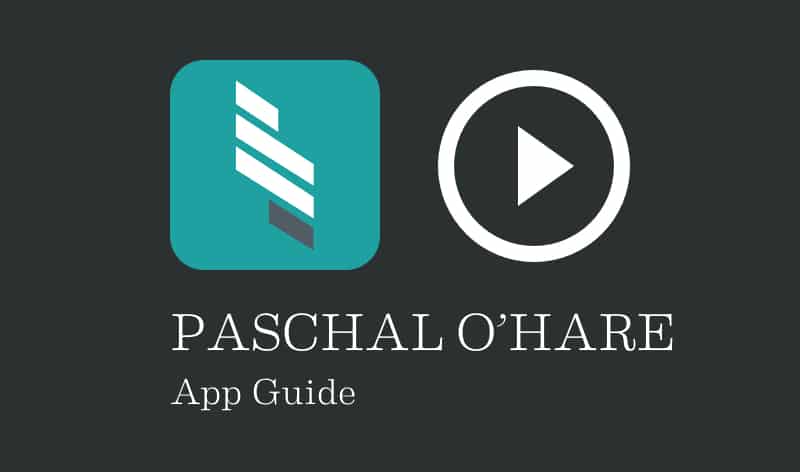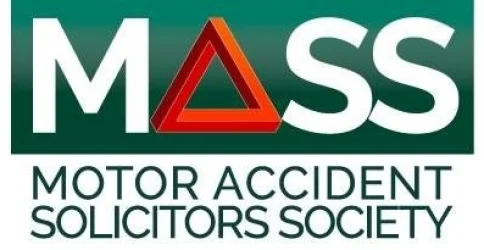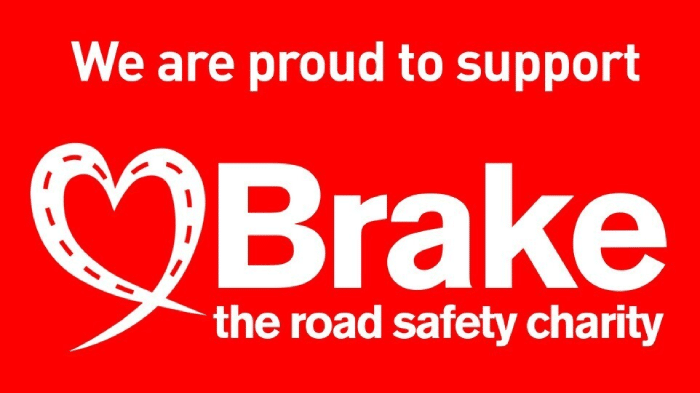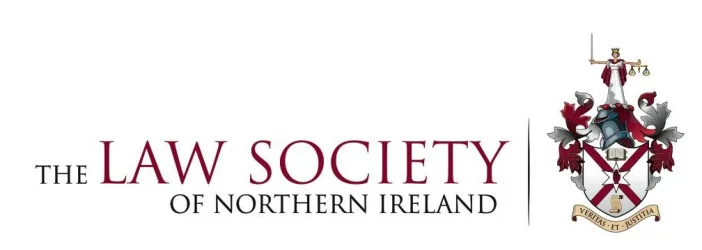Andrew was involved in an accident in 2009 when he was at a friend’s home changing a light bulb for her. When descending the short step ladder, he missed a step and landed awkwardly on his right foot thereby twisting it in the process. He heard a distinct crack in his foot and felt severe pain. His right foot and ankle began to swell immediately. He was taken to Belfast City Hospital where he was seen in the A&E Department. Andrew was attended to by a triage nurse who, having looked at his foot and ankle, sent him for an x-ray. This nurse looked at the x-ray and told him that he had suffered no bone injury. She applied a tubi-grip to his ankle and foot and discharged him.
Andrew’s pain persisted
Andrew indicated to the nurse that he could not weight bear on the foot and she provided him with a set of crutches. During this, he was not seen by a doctor. In the days and weeks after the attendance at hospital, Andrew remained in severe pain and was unable to work. He returned to the A&E department a few days later where he was seen by a second nurse and sent for a further x-ray. He was again advised that he had suffered a sprained ankle and to throw the crutch away. Feeling that something was amiss and losing faith in the hospital, Andrew visited his GP. However, his GP could only suggest a further x-ray.
Andrew was refused a third x-ray
He went to the same A&E department on the GP’s recommendation and and the x-ray was refused. The nurse suggested physiotherapy which was arranged. However, the physiotherapist refused to treat Andrew, stating that she thought there must be a fracture. She sent him back for a further x-ray which took place the following day. Following this third x-ray, he was again told that there was no fracture and to proceed with the physiotherapy. At the next session, the physiotherapist reluctantly attempted to manipulate his foot but the pain was too great for Andrew to persist.
MRI Scan Reveals Severe Fracture
Andrew was subsequently referred for an MRI scan which showed the full extent of the injury. He was advised that he had suffered a severe fracture of his foot involving the talus bone which would require surgery. The plaintiff underwent an operation on his right foot under general anaesthetic. He remained seriously handicapped and unable to work and required a walking stick to move around.
Andrew Claims for Compensation
Andrew initially instructed a rival firm of solicitors. However, due to the delay in his case being progressed, he became dissatisfied and instructed Paschal O’Hare Solicitors. An initial medical report was obtained from an expert who felt that that the original injury was serious and that the delay in diagnosing the fracture, which was negligent, played little or no part in the bad outcome. It was felt that it was always going to be a bad outcome. Accordingly, a report was obtained from a different expert who felt that the 16 week delay coupled with weight bearing and undergoing physiotherapy, did mean that Andrew had a poorer outcome than had he been diagnosed and treated in time.
Court Proceedings Issued As Medical Experts Don’t Agree
High Court proceedings were issued. The defendant admitted in their defence that it was negligent in not diagnosing the fracture. However, it denied that this negligence had caused a poorer outcome than would have been the case had he been treated in time. An expert was obtained on behalf of the defendant. His view was that this was a very significant injury and that the literature, mostly taken from data drawn from injuries sustained whilst employed by the military, established that delay in treating this talus fracture played little or no part in a poorer outcome. The important part was the seriousness of the initial injury.
Negotiations Settle Case
A report was obtained from an occupational therapist and a forensic accountant setting out Andrew’s ongoing financial loss. Initial discussions took place following a joint meeting of the experts. An offer of £10,000 was made. The defendant maintained that position for a considerable length of time. We proceeded and the matter was listed for hearing. Further negotiations took place and the case settled in the sum of £40,000 plus £25,000 to be repaid to the government in respect of state benefits.
If you’ve been affected by medical negligence like Andrew, click here to learn more about our service or contact us for a free no obligation discussion on how we can help you too.












